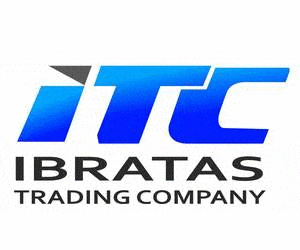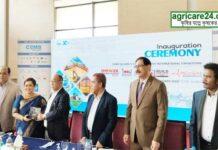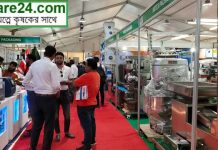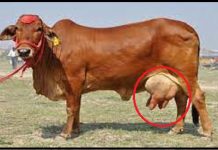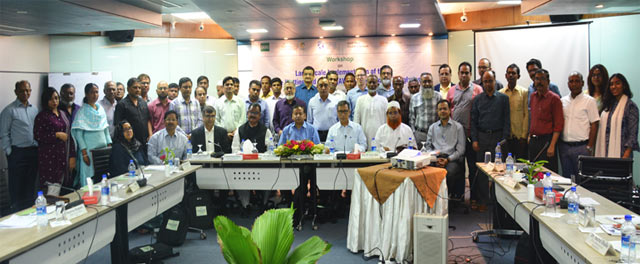
Desk Report, agricare24.com: Stakeholders evaluate the impact of adopting climate change mitigation and AWD technology in Bangladesh. There is a need to quickly disseminate water-saving technologies to the farmers of Bangladesh.
International Rice Research Institute (IRRI) and North West Focal Area Network and Gobeshona Network of International Centre for Climate Change and Development (ICCCAD) of Independent University, Bangladesh (IUB) jointly spearheading the adoption of climate-smart technologies for agriculture in Bangladesh through the project, “Mitigation Options to Reduce Methane Emissions in Paddy Rice,”.
Bangladesh is prone to various natural disasters, such as severe flooding and pest onslaught, which cause significant damage to rice-based systems. The project’s aim is to test, validate, and out scale technologies and practices, such as the alternate wetting and drying (AWD) irrigation method, and at the same time, how AWD can reduce GHG emissions from rice fields by 50% combined with other climate-smart agriculture (CSA) options diversified rice-based cropping systems, and new rice varieties, to cope with the adverse effects of climate change in the country.
Discussing strategies to help to improve the lives and livelihoods of the rice farmers, a policy dialogue workshopwas organized at the BRAC Centre Inn, Dhaka, Bangladesh, on 04 May on “Large Scale Implementation of the Alternate Wetting and Drying (AWD) Technology in Bangladesh” with the support from Climate Change, Agriculture and Food Security (CCAFS).
The purpose of the workshop was to share experiences in AWD dissemination of FAN members with other research and development organizations as well as with policy makers and to explore opportunities for establishing other networks similar to FAN in other regions of Bangladesh that can take on the dissemination of water-saving techniquesand AWD technology and the required policy measures in Northwest Bangladesh.
And it also seeks to address limitations in technology and identify required policy measures for scaling the climate-smart agricultural technologies. There is a need to quickly disseminate water-saving technologies to the farmers of Bd.
ব্রাসেলস স্প্রাউট: নতুন ফসল- নতুন সম্ভাবনা
High-level officials and delegates from the academy, government, and private agencies were present during the event. Among them are policymakers, academicians, researchers, agricultural scientists, development workers, private sector representatives, and farmers. Attendees expressed their appreciation for the event as it gave them a platform to discuss critical issues in Bangladesh’s rice industry.
To ensure continuity of the project’s success, stakeholders have expected similar policy dialogue in the future.





